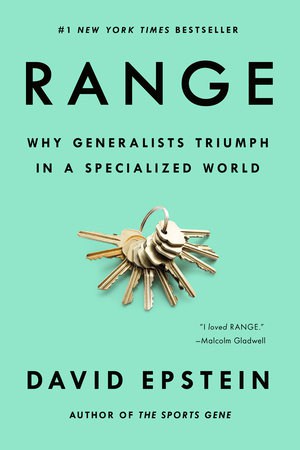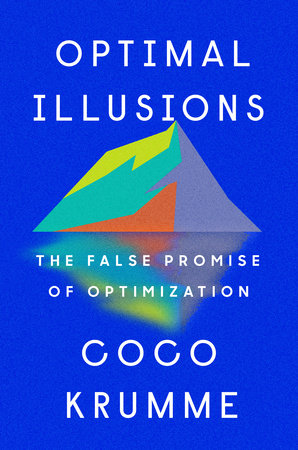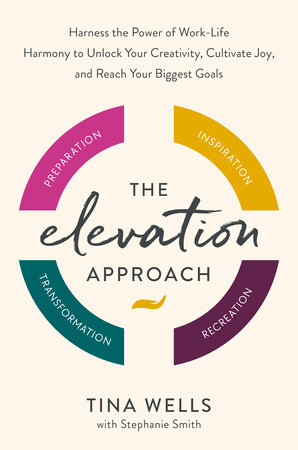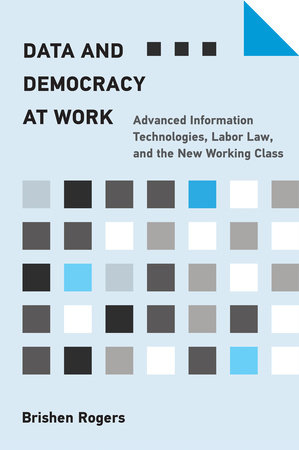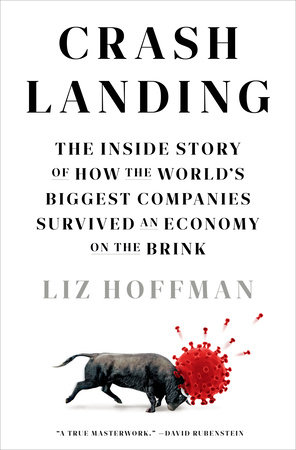One-sentence summary: “Range” is about the power of diverse experiences and broad skills in an increasingly specialized world.
So, what would you gain from exploring a wide range of experiences and skills, rather than specializing early in your career or pursuits?
Key Ideas
The key lessons in “Range” are:
- Embrace a diverse range of experiences: Encouraging individuals to explore different interests and pursuits, rather than narrowly focusing on one area, can lead to greater adaptability and creativity in problem-solving.
- Generalists often outperform specialists: Contrary to the common belief that specialization is the path to success, the book argues that generalists, with a broader skill set and varied experiences, often excel in complex and unpredictable environments.
- Delayed specialization can lead to better outcomes: Delaying the decision to specialize until you have explored various domains can help you make more informed choices and ultimately achieve more significant success in your chosen field.
Embrace a diverse range of experiences
Idea: David Epstein’s “Range” emphasizes the importance of embracing diverse experiences in one’s life and career. He argues that these experiences can lead to greater adaptability and creativity in problem-solving. Epstein showcases examples of individuals like Roger Federer, who played multiple sports before specializing in tennis, and Thomas Edison, who had a wide range of interests and experiences, demonstrating how their varied backgrounds contributed to their success.
“Learning is at its best when it’s a process of encountering the unfamiliar.”
How to apply it: To apply this idea, don’t be afraid to explore different interests and pursuits, even if they seem unrelated to your primary goals. Engaging in diverse experiences can help you develop a broader skill set and a unique perspective, which can be valuable in a rapidly changing world.
Generalists often outperform specialists
Idea: Contrary to the belief that specialization is the key to success, Epstein argues that generalists often outperform specialists, especially in complex and unpredictable environments. He cites research showing that generalists tend to excel in problem-solving and innovation. Examples include the success of polymaths like Leonardo da Vinci and Charles Darwin.
“In wicked domains, the rules of the game are often unclear or incomplete, there may or may not be repetitive patterns, and they may not be obvious, and feedback is often delayed.”
How to apply it: Don’t rush to specialize too early. Instead, focus on developing a wide range of skills and knowledge. This approach can enhance your adaptability and problem-solving abilities, making you more valuable in today’s dynamic job market.
Delayed specialization can lead to better outcomes
Idea: Epstein advocates for delayed specialization, arguing that taking time to explore various domains before committing to one can lead to better outcomes. He presents examples of individuals who achieved remarkable success by delaying their specialization, such as Charles Darwin, who spent years exploring various fields before developing his theory of evolution.
“Early specialization may be satisfying and seem efficient in the short term, but it can be detrimental in the long term.”
How to apply it: Consider delaying your decision to specialize until you’ve gained a broader understanding of your interests and strengths. This approach can help you make more informed choices and increase your chances of achieving significant success in your chosen field by drawing from a wealth of experiences and knowledge.
How Does a Leader’s Range of Skills Impact Their Effectiveness?
A leader’s range of skills greatly influences their effectiveness. Great qualities of effective leaders include strong communication, adaptability, and the ability to inspire and motivate others. Being able to communicate clearly helps leaders convey their vision and goals, while adaptability allows them to navigate challenges. Inspiring and motivating individuals fosters a productive and united team, enhancing overall effectiveness.
Actionable Advice
- Explore diverse interests: Don’t limit yourself to a single specialization early in your career. Embrace a wide range of experiences and interests to develop a broad skill set.
- Value generalization: Understand that being a generalist can be an asset. Don’t rush to specialize; instead, focus on becoming a well-rounded individual with adaptability and problem-solving skills.
- Delay specialization decisions: Take your time before committing to a specific path. Delaying specialization until you’ve explored various domains can lead to better long-term outcomes and informed career choices.
Who is David Epstein
David Epstein is a renowned author and journalist, best known for his work in the fields of sports, science, and education. With a background in investigative journalism, he has contributed to prestigious publications like The New York Times and Sports Illustrated.
Epstein’s aim is to challenge conventional wisdom and explore how success is achieved in diverse domains. His writings often center around the idea that a broad range of experiences and skills, rather than early specialization, can lead to innovation and excellence.
He is known for his belief in the power of interdisciplinary thinking and the value of cross-training. Epstein’s books, including “Range” and “The Sports Gene,” have received critical acclaim for their thought-provoking insights into human potential and performance. His work encourages individuals to embrace a wide range of interests and experiences in their pursuit of success.
Read These Next
You might like these similar books:
- “Outliers” by Malcolm Gladwell
- “Mindset” by Carol S. Dweck
- “The Talent Code” by Daniel Coyle
- “Grit” by Angela Duckworth
- “Bounce” by Matthew SyedRead These Next

